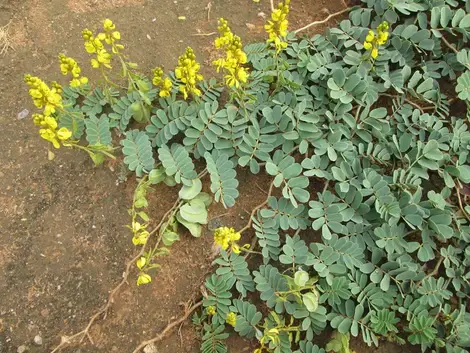Ancient species: Cycas circinalis is considered one of the oldest plant species on Earth, with a lineage dating back millions of years. It belongs to the group of plants known as cycads, which were prominent during the Mesozoic era and are often referred to as "living fossils."
Morphological features: Cycas circinalis is a large cycad that typically grows up to 6-10 meters in height. It has a stout trunk covered with rough, gray-brown bark. The plant possesses large, pinnate leaves that are arranged in a circular or spiral pattern, giving rise to its specific epithet "circinalis." The leaves can reach lengths of 1.5-3 meters and consist of numerous pairs of leathery leaflets.
Distribution: Native to tropical and subtropical regions, Cycas circinalis can be found in various parts of the world, including India, Sri Lanka, Malaysia, Australia, and several Pacific islands. It thrives in diverse habitats such as forests, scrublands, and rocky slopes.
Environmental adaptability: Cycas circinalis exhibits remarkable adaptability to different environmental conditions. It can tolerate a wide range of temperatures, from hot and arid climates to more humid regions. This adaptability has contributed to its successful colonization of various habitats.
Reproduction: Cycas circinalis is a gymnosperm, meaning it produces seeds that are not enclosed within a fruit. The plant is dioecious, with separate male and female individuals. Male plants produce cone-like structures known as strobili, while female plants produce large, pineapple-shaped structures called megasporophylls. The cones contain reproductive structures that release pollen, which is carried by wind or insects to fertilize female cones and produce seeds.
Ecological significance: Cycas circinalis plays a vital role in ecosystems as a habitat provider and food source. Its large leaves provide shelter for various organisms, including insects, birds, and small mammals. The seeds of Cycas circinalis are consumed by wildlife, contributing to seed dispersal and aiding in the plant's distribution.
Medicinal uses: In traditional medicine, various parts of Cycas circinalis are utilized for their medicinal properties. The seeds, roots, and leaves are used in remedies for ailments such as gastrointestinal disorders, skin diseases, and respiratory conditions. However, it is essential to note that the plant contains toxins and must be used with caution.
Ornamental value: Due to its attractive appearance and distinctive foliage, Cycas circinalis is widely cultivated as an ornamental plant in gardens and landscapes. It adds a touch of tropical elegance and can create focal points or provide shade in outdoor spaces.
Conservation status: Like many cycad species, Cycas circinalis faces threats from habitat loss, illegal collection, and overexploitation. It is listed as a species of conservation concern in some regions. Efforts are being made to protect and conserve natural populations through habitat preservation, public awareness campaigns, and regulation of trade.
Cultural significance: Cycas circinalis holds cultural and religious importance in certain societies. In India, for example, it is considered a sacred plant and is associated with auspicious occasions. In some regions, the leaves of Cycas circinalis are used in cultural ceremonies and rituals, reflecting the deep-rooted connections between humans and nature.
top of page
SKU: gh56gg
₹595.00Price
Popular Seeds
bottom of page
















